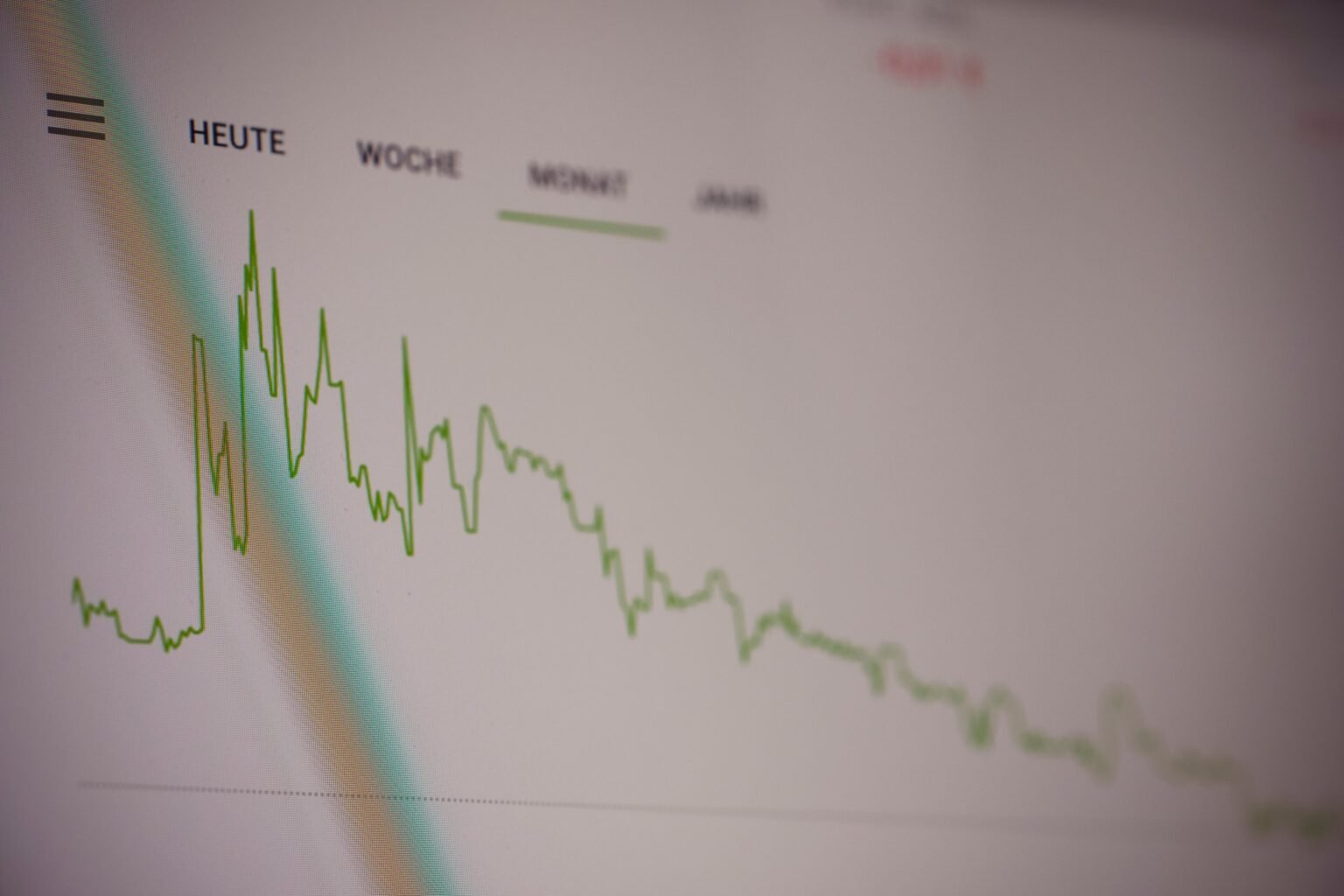Interest rate hikes to battle inflation have created “stresses and vulnerabilities,” the fund’s head Kristalina Georgieva has said
The world economy is headed for a difficult year, as the fallout from the recent banking crises and the formation of rival economic blocs triggered by the Ukraine conflict threaten to undermine global economic stability, the head of the International Monetary Fund (IMF), Kristalina Georgieva, said at the China Development Forum on Saturday.
According to Georgieva, 2023 will be “challenging” and is likely to see global growth slowing to below 3% “as scarring from the pandemic, the war in Ukraine, and monetary tightening weigh on economic activity.”
“Uncertainties are exceptionally high, including because of risks of geo-economic fragmentation which could mean a world split into rival economic blocs – a ‘dangerous division’ that would leave everyone poorer and less secure. Together, these factors mean that the outlook for the global economy over the medium-term is likely to remain weak,” she warned.
Georgieva also noted that the recent troubles in the banking sector, from the collapse of several lenders in the US to the near-insolvency of Switzerland’s second-largest bank, Credit Suisse, exposed vulnerabilities in the global financial system, which will need to be addressed as the year progresses.
“Risks to financial stability have increased. At a time of higher debt levels, the rapid transition from a prolonged period of low interest rates to much higher rates – necessary to fight inflation – inevitably generates stresses and vulnerabilities, as evidenced by recent developments in the banking sector in some advanced economies.”
Georgieva praised the recent efforts of policymakers to support the global banking system by enhancing the provision of US dollar liquidity, saying they “have acted decisively in response to financial stability risks.” She noted, however, that the measures have only “eased market stress to some extent, but uncertainty is high, which underscores the need for vigilance.”
Georgieva noted, however, that the outlook for the global economy is not “all bad.”
“We can see some ‘green shoots’, including in China. Here the economy is seeing a strong rebound, and the IMF’s January forecast puts GDP growth at 5.2% this year… Driving this growth is the anticipated rebound of private consumption as the economy has reopened and activity has normalized,” she stated. The IMF head added that China is set to account for around one third of global growth in 2023, which would give “a welcome lift to the world economy.”
“And beyond the direct contribution to global growth, our analysis shows that a 1% increase in GDP growth in China leads to 0.3% increase in growth in other Asian economies, on average – a welcome boost.”
This article was originally published by RT.



